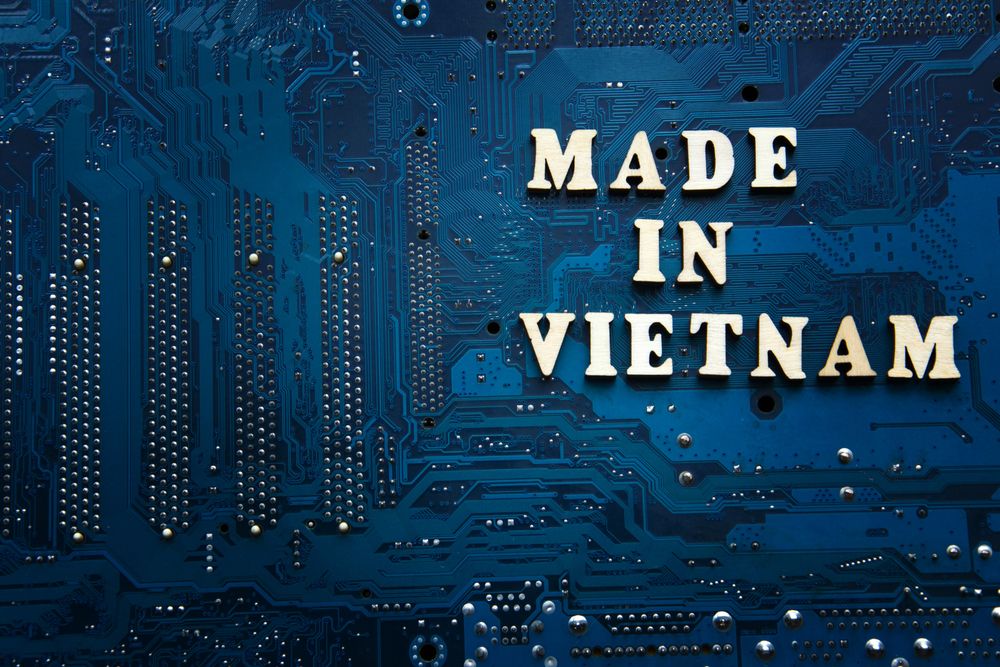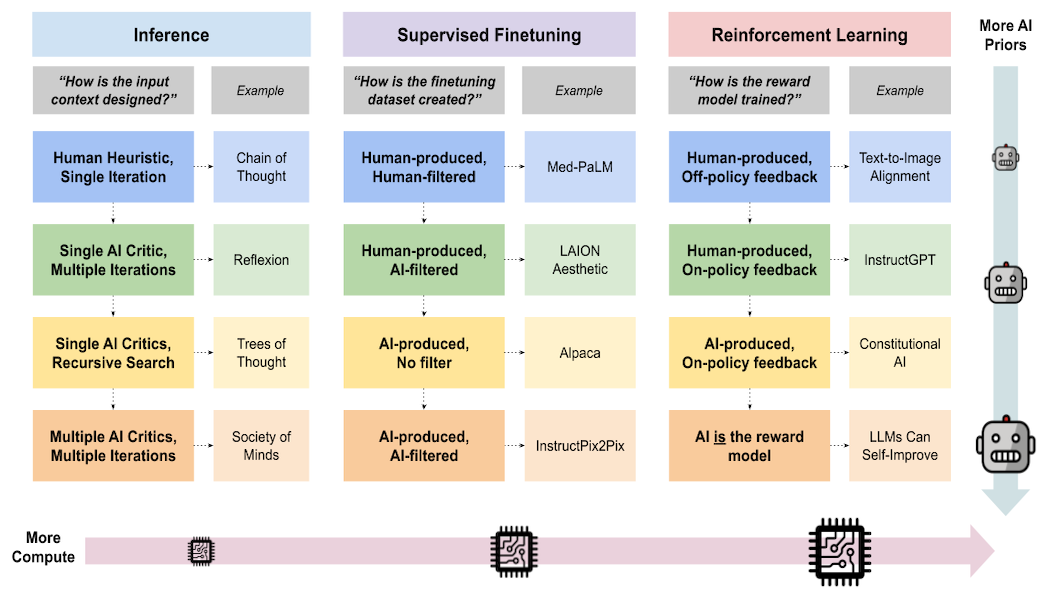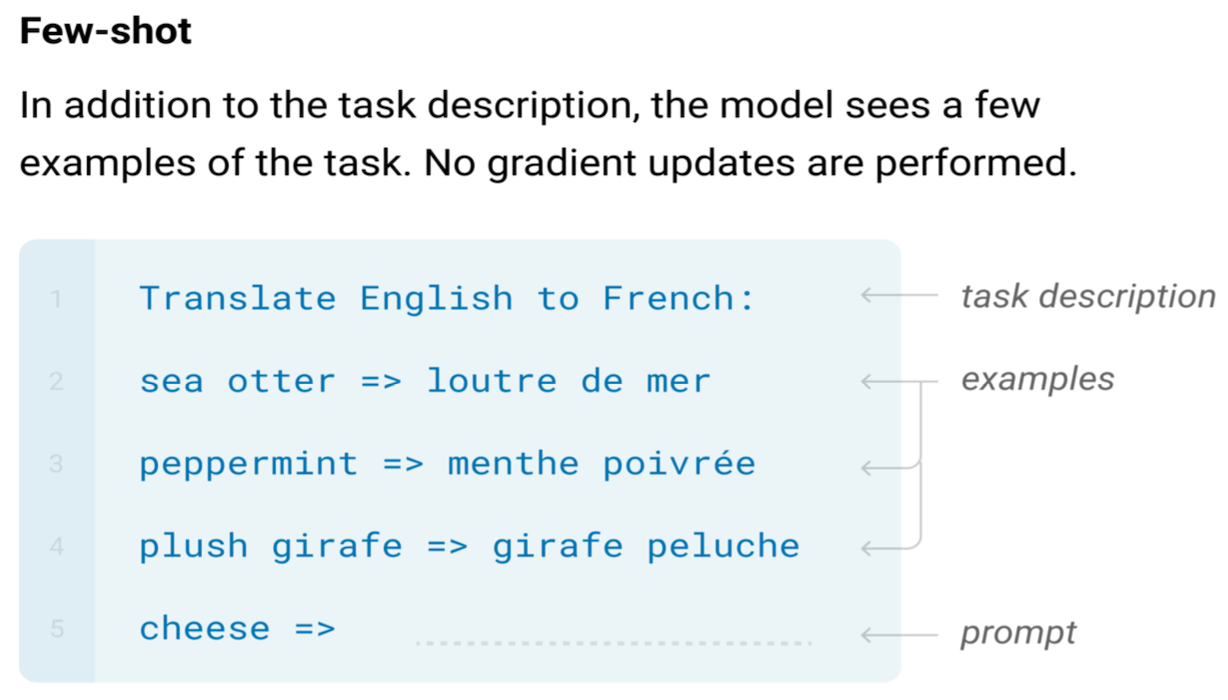Since its first season in 2017, the angel investment reality show Shark Tank Vietnam has gained considerable popularity and become a platform for many local entrepreneurs. The reality series allows budding entrepreneurs to pitch their startups to local business leaders with the goal of gaining necessary partnerships and investments. This marks a historical change as entrepreneurship—once a matter of survival—is now perceived as a respectable career choice; both founding and working for startups has become culturally desirable for young people in Vietnam.
At the same time, Vietnam is investing in technological innovations and pursuing techno-developmentalism, a developmental model that prioritizes technological advances, R&D, and industrial upgrading. The government recently published the National Strategy on R&D and Application of Artificial Intelligence, a document that outlines how governmental ministries and entities could build a business friendly environment for local tech firms and foreign investors to support the development of AI and technological innovations.
Tech and AI startups have continued to gain prominence as the AI wave swept the country in 2018. On Shark Tank, more startups whose core products are powered by AI or are AI themselves are featured. Of particular interest are Ohana, an apartment finding app, Umbala, an online wholesale retailer of consumer electronics, and EyeQ Tech, a solution provider specializing in computer vision technologies. Beyond the show, applied-AI startups such as ELSA Speak, an NLP-powered English-learning app, and Trusting Social, an alternative credit scoring startup, have attracted positive attention from mainstream media.
Even though Shark Tank Vietnam has brought to the national attention the burgeoning tech startup scene, the show has not shown the numerous challenges entrepreneurs face establishing high-tech enterprises in the local business environment. In this piece, we examine one such important issue: the supply and demand of tech talents. We ask the questions whether and how the labor market has met the talent demand from the tech industry, and how the education system as well as the emerging coding bootcamp sector have stepped in to solve the pressing issue of training high-skilled tech workers.
Table of Contents
Optimism in Tech
The startup ecosystem in Vietnam is quickly expanding and becoming increasingly dynamic. Since 2015, 234 startups have been founded in Vietnam. Startup funding started to pick up around 2017, and has grown dramatically. According to Crunchbase, in Q4 of 2018, \$272.2M was raised in the ecosystem, and reached \$2B in Q4 of 2021, making it the third most active startup ecosystem in Southeast Asia. Hanoi and Ho Chi Minh City have developed a robust ecosystem for tech startups, with dominating sectors including AI, e-commerce, fin-tech, and enterprise solutions. Leading domestic tech companies such as VinGroup, Viettel and FPT have earmarked funds for AI Research and Development. FPT in particular has allocated $13 million for AI R&D for the next five years. The ecosystem of 149 AI startups has attracted funding from both domestic and regional venture capital firms.
Recognizing that the developing market is rich with opportunities, many Vietnamese engineers and entrepreneurs are returning to Vietnam from overseas, opening startups of their own or joining developing teams. Thong Do, CEO and founder of Palexy, an AI-powered SaaS platform for stores and businesses, recalled that when he came back to Vietnam from Silicon Valley to start his business in 2013, the startup ecosystem was almost non-existent. “Most tech companies then worked in outsourcing. Now, there are more companies, and they have started producing solutions that could reach out to the global market,” Do explained. An Pham, a manager at the largest Vietnam-based e-commerce Tiki, compared the development of the Vietnamese tech sector to that of China’s, and argued that the Vietnamese tech sector follows the Chinese tech development model, but is about two decades behind. He wanted to be a leader in this scene, so he quit his job at a mid-size tech company in Atlanta and came back to Vietnam.
Given the positive legal and infrastructural changes, as well as an enthusiasm from both entrepreneurs and tech workers, the startup ecosystem has grown. However, one structural issue hindering its growth is the shortage of engineers, especially ones trained in ML and AI. Local entrepreneurs have framed this as “a two-sided labor market problem,” where labor demand and supply are not met under the current conditions of the labor market. Only concerted efforts from the developer and entrepreneur communities and educational institutions, including universities and bootcamps, can solve the problem.
Supply Side Problem
Cisco projected that by 2020 the Vietnamese Information Technology (IT) sector would face a shortage of over 500,000 ICT workers. Last year, only 400,000 engineers were working in IT and 50,000 IT students graduated. There are likely even fewer engineers trained in data or AI technologies. In addition, many of these engineers are considering opportunities abroad. A survey conducted in 2018 revealed that 57% of professionals working in AI or blockchain technologies would have relocated abroad if given the opportunity. A Robert Walters report revealed that 70% of hiring managers in Southeast Asia cite the talent shortage as having a negative impact on product development speed.
Higher education institutions have established new majors and degrees such as data science and artificial intelligence (i.e. Hanoi University of Science & Technology), data science (i.e. Ho Chi Minh City International University), created vocational programs focusing on training digital skills. However, according to computer science professor Khoat Than , these structural initiatives have only started rolling out since 2019, and have not yet translated to a significant boost in tech talent supply to meet the pressing demand of tech talent of the fast growing tech ecosystem.
Thanh Tran, a Ho Chi Minh City-based developer, gave insight into some of the existing programs in Vietnam, including a local high school that is teaching AI curriculum in specialized classes, a full Master’s program in data science where students also get a dual degree from Télécom ParisTech, a public institution for higher education in France, and free opportunities to attend lectures on applied math for AI.
These programs are only starting to come onto the scene and have yet to prove themselves, but startups need talent now. Entrepreneurs understand this supply-side issue, and some even train talents themselves to temporarily solve this problem. Do Truong, CEO & CTO at VAIS, an AI startup specialized in speech and language processing, has years of experience and is helping others through internships and training programs.
Regarding concerns about the labor market, he expressed that “in terms of AI development, human-related factors are the most difficult. Hiring is costly, and retraining talents takes a lot of time. Out of ten candidates who are picked out by a recruitment agency, I’d be lucky to see maybe two resumes with the desired skills. The rest, not so much. If I took the time to train them when they were students or interns, it’d be a better fit.”
Competition Against Outsourcing Companies for Talents
Startup companies are already facing issues with a limited local talent pool, which is stretched even thinner by the software outsourcing sector. Some experienced Vietnamese engineers opt to develop supplementary parts of software, such as providing backend needs for game companies in China or Japan.
Within the software engineering community, there is a debate around whether it is more beneficial to work for an outsourcing company or to work for a company that develops end-to-end products. Whereas outsourcing companies pay engineers well according to local standards, their projects are often shorter, and competition is fierce because of the race to the bottom of cheaper labor. A task or an entire company could be moved to another country with cheaper labor if Vietnamese engineers do not take on those tasks. In other words, working for an outsourcing company might mean short-term high salaries, and possible long-term instability because of the global nature of the software outsourcing industry. On the other hand, Vietnamese product companies would have fewer projects for engineers, but could provide long-term upward career mobility.
Most engineers in Vietnam have worked in both outsourcing companies and product-oriented companies. A 2020 report revealed that 43.8% of engineers work in outsourcing companies, and 47.2% work in product companies. The trend of “Make in Vietnam” where home-grown startups produce globally-competitive products could shift this balance.
Startups could provide more fulfilling opportunities for local engineers than outsourcing companies do. In outsourcing, certain skill sets are underutilized because engineers are not required to innovate for their clients. Outsourcing work is typically considered as low value-added labor that contributes only a small part in the entire production process. Entrepreneurs in Vietnam are challenging this structure, arguing that they can produce solutions with higher added value, competing at the global level. In a startup culture, engineers are given more opportunity to shine and to sharpen their skills while contributing to technical innovations.
A Comparison to Indonesia
The talent supply issue is a structural condition that affects other regional countries as well. Indonesia's AI startup ecosystem is considerably further along in the developmental stages, with six unicorn startups – the highest in Southeast Asia. Yet its tech labor supply problem is still unsolved. Jonathan Kurniawan, an Indonesian AI governance consultant, shared that “in Indonesia, tech talent is in high demand, but the supply side isn’t quite there. Good talents are spoiled for choice. A highly competent data analyst might work with five different product managers, essentially working on five different products.” Stretching existing talents to their limits, companies could only raise their salaries when they want to quit.
Kurianwan also attributed part of Indonesia's engineer shortage to outdated university curricula: “universities teach software development, but the curriculum is not updated. There’s no hands-on practice with Tensorflow or numpy. Often, computer science students have to learn on their own, get online certifications, go to a three-month coding school, or they would learn these skills on the job, where industry tech leads can teach them what’s important.” On a similar note, an APEC report revealed that 62% of Indonesian firms see shortages specifically in data science and analytics skills as a challenge to delivering the full value of big data analytics to customers.
Many of the problems identified above are symptomatic of a larger structural issue brought about by the fast-changing nature of technology, and especially AI. Interviews and surveys by Kearney reveal that the talent issue is shared by startups in all top five Southeast Asian (SEA) economies. More than 85% of respondents highlight difficulties in attracting specialist AI talents, whereas the existing technical talents lack the domain understanding to apply AI to business problems. These lines of evidence point to an interconnected regional ecosystem that is afflicted by similar talent issues, the solution of which might require a more systemic approach.
Bootcamps as Potential Solution for Upskilling Labor
To respond to the current talent situation in the tech industry in Vietnam, coding bootcamps have continued to pop up in big cities. They cover a wide range of locations, with CodeGym being based in Hanoi for example, and MindX in Ho Chi Minh City. The organizations vary in types as well. VietAI is a non-profit, whereas CoderSchool is a business entity. Some programs function as summer boot camps, while others run all year round in three-month long sessions. Not all of these boot camps offer specializations in data science or ML engineering, however. Concerningly, only a handful specialize in AI, notably VietAI and the Center of Talent in AI, or COTAI (a play-on words in Vietnamese which translates to “having talent”).
Excluding non-profits, the local bootcamp companies generally adopt a similar business model to those in more developed countries such as the U.S. and Japan, attracting pre-graduates and career professionals looking to become data scientists or ML engineers.
However, unlike their successful American counterparts, bootcamps in Vietnam have yet to garner the same reputation and success due to their nascency. In addition, bootcamps face a powerful cultural resistance. Vietnam is largely a credential-based society, with companies strongly preferring candidates who have formal education in IT and computer science. Companies see hiring bootcamp graduates as a high-risk endeavor because those graduates’ technical skills are not yet verified.
An Pham, the Director of Software Engineering at Tiki, gave an example of an engineer on his team who has a similarly non-traditional background, though they are not a bootcamp graduate. “In my team, there is one engineer who didn’t attend university. They are mostly self-taught, but can deliver as well as other engineers. I personally find this to be an extremely rare case. Nonetheless, they have many limitations compared to other engineers. When encountering problems that require a deeper understanding of the system, they have not been able to provide an opinion on it, which puts them at a disadvantage at work,” Pham reported.
Despite the cultural resistance, if bootcamps continue to embed themselves into the network of talents and companies, providing career services, tuition assistance, networking or internship opportunities, and corporate training, it is not inconceivable to imagine bootcamps graduates could help solve part of the engineering labor shortage problem in Vietnam. Bootcamps have also already seen success in other avenues. CoderSchool, a bootcamp specialized in data science and ML training, recently received $2.6M in pre-seed funding to scale out its platform. MindX, a non-profit turned private company which offers coding programs of varying durations, has seen profits for the past six years and also recently gained $3.3M in series A funding. In addition, working professionals are optimistic about bootcamps, viewing them as an avenue to make a career change into AI and ML. These achievements show that it is likely that bootcamps will soon take on a more significant role in the Vietnamese labor market.
Bootcamps in other developing countries are emerging to fill similar education and innovation gaps. Despite the current cultural resistance, bootcamps should not be viewed as an alternative to or competition for the existing education system, but as complementary to preparing skilled workers for the coming years. Whereas the Vietnamese education system, for the most part specializes in providing engineering or computer science fundamentals, bootcamps exclusively focus on training in skills and industry tools that are subject to a faster rate of change. Bootcamps can update their curriculum at a much faster pace to keep up with the demand from the industry, which the traditional system cannot do easily. Although engineers with strong fundamentals are undoubtedly preferred, companies need workers now, and waiting for more trained engineers to graduate is hardly going to fill the existing gap.
It is vital – at least for the time being – that industry partners and the government support bootcamps via financial buy-ins and incentives, which is not yet the case.. The two seed funding cases above lacked significant participation from local investors. To solve this talent shortage, Vietnam would need a coordinated approach between multiple stakeholders, namely tech companies, investors, and government, to assist bootcamps as a supplier in the high-skilled, industry-ready talent pipeline.
Looking Ahead
Similar to young startup ecosystems in other developing countries, the Vietnamese ecosystem is growing, and many challenges abound. As bootstrapped founders operate in a resource-scarce business environment, and compete for talent with outsourcing companies, there is little room for error when it comes to hiring. Entrepreneurs are scrambling to fight for the unicorn engineer who is highly skilled at everything from programming, to building models, to understanding math.
The steep competition to hire the best talents out of the limited local pool affects not only one company, but the entire ecosystem. More worryingly, it is a shared challenge among the Southeast Asian region as a whole, and many other developing regions such as Africa. Resolving this issue ultimately involves coordinated efforts among stakeholders, including companies, cities, the national government, as well as cross-national organizations such as ASEAN.
The city government of Ho Chi Minh City has partnered with the Vietnam E-commerce Association to open the AI Hack Bootcamp 2021 program, aiming to incentivize AI creation in the e-commerce space, and to connect local startups with young developers. These efforts are working, albeit slowly, and there are only a handful of them. It is also important that businesses play a bigger role in the education of talent, such as sponsoring or supporting developer communities and hackathons. Lastly, state-owned and private companies could also collaborate to build infrastructure for tech talents such as Malaysia Work in Tech to tackle digital talent development, or New York City Tech Talent Pipeline to match high-skilled workforce with opportunities.
Perhaps, with these sorts of investments and initiatives, Vietnam's tech and AI ecosystem could rival that of Indonesia and Singapore in the coming years and become a leading powerhouse of innovation for the Southeast Asian region as a whole.
Author Bios
Nga Than is a Doctoral Candidate in Sociology at City University of New York – The Graduate Center. Her research utilizes machine learning to understand social phenomena.
Khoa Lam is a Machine Learning Researcher at BABL AI. His work provides organizations with expertise in the ethical production and deployment of artificial intelligence.
Citation
For attribution in academic contexts or books, please cite this work as
Nga Than and Khoa Lam, "AI Startups and the Hunt for Tech Talent in Vietnam", The Gradient, 2022.
BibTeX citation:
@article{than2022hunt,
author = {Than, Nga and Lam, Khoa},
title = {AI Startups and the Hunt for Tech Talent in Vietnam},
journal = {The Gradient},
year = {2022},
howpublished = {\url{https://thegradient.pub/ai-startups-and-the-hunt-for-tech-talent-in-vietnam}},
}
If you enjoyed this piece and want to hear more, subscribe to the Gradient and follow us on Twitter.






